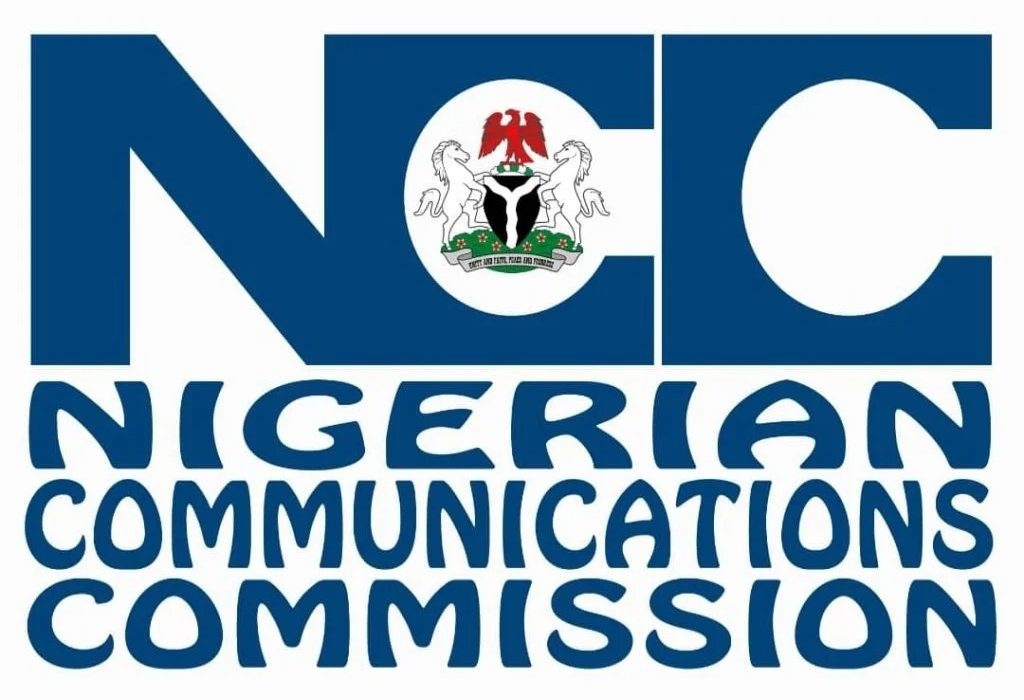In a move to strengthen consumer protection and promote transparency in the telecommunications sector, the Nigerian Communications Commission (NCC) has mandated all licensed service providers to promptly inform consumers about major service disruptions on their networks.
The new directive applies to Mobile Network Operators (MNOs), Internet Service Providers (ISPs), and other last-mile service providers operating across the country. According to the Commission, the measure is aimed at ensuring timely communication with users during critical service outages and reinforcing the rights of subscribers.
Under the updated regulation, service providers are required to give advance notice for any planned maintenance activities that may lead to service interruptions. In the case of unplanned outages, they are to issue immediate public notifications stating the cause of the disruption, affected areas, and estimated duration for restoration.
To enhance transparency, the NCC has also unveiled a Major Network Outage Reporting Portal on its official website, www.ncc.gov.ng. The portal allows the public to access real-time updates on network issues across the country, including specific details on the operators involved and the geographic areas affected.
Director of Technical Standards and Network Integrity at the NCC, Engr. Edoyemi Ogor, noted that the portal was tested with telecom operators before its public launch. He added that the platform would also help identify patterns of sabotage or infrastructural vulnerabilities, particularly in areas prone to vandalism or theft of network equipment.
According to the Commission, a major outage is defined as any network failure that affects five per cent or more of a provider’s subscriber base or impacts five or more Local Government Areas. It also includes situations where more than 100 network sites are isolated for over 30 minutes or where service quality degrades significantly in high-traffic states.
The NCC further stated that where service disruptions exceed 24 hours without restoration, affected consumers must be compensated through appropriate means, such as service extensions or rebates, as outlined in the Consumer Code of Practice Regulations.
This policy aligns with the Executive Order declaring telecommunications infrastructure as Critical National Information Infrastructure (CNII), underscoring the federal government’s commitment to safeguarding digital connectivity across Nigeria.
The NCC affirmed that the directive and accompanying portal represent a bold step towards holding service providers accountable while equipping consumers with the information they need to make informed decisions.
